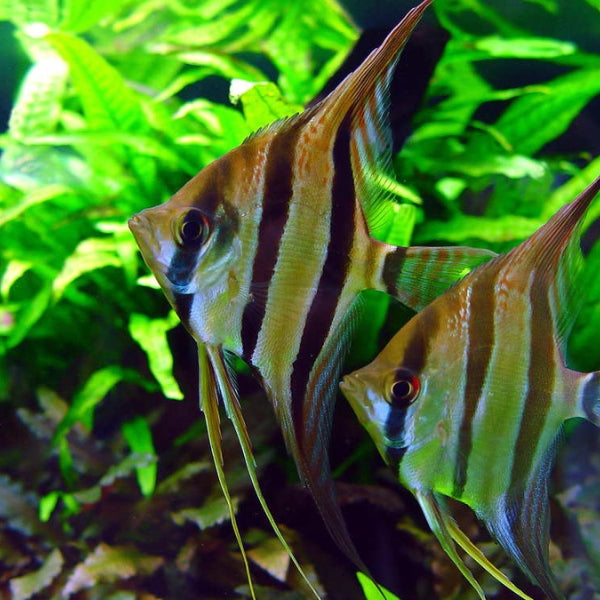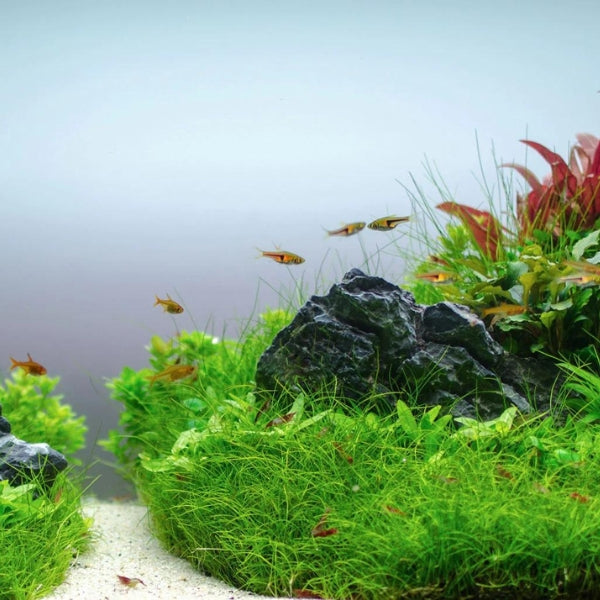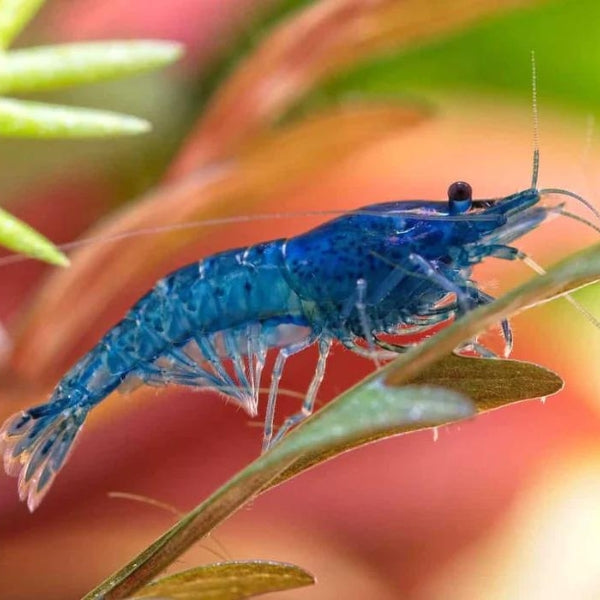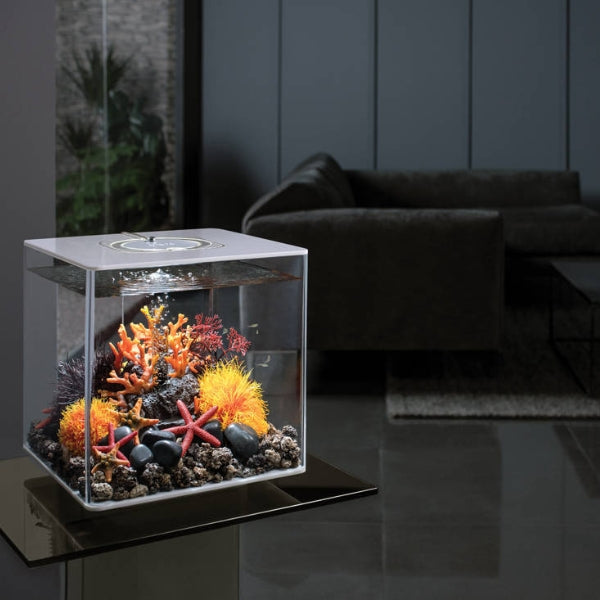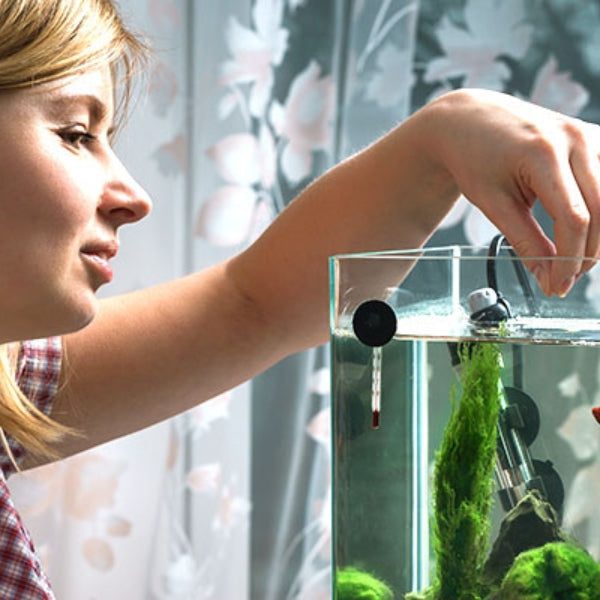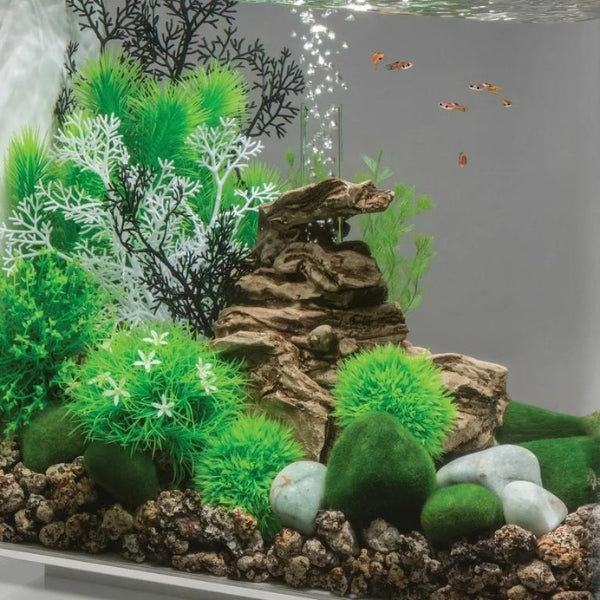The Kitty Tetra, while not a commonly recognized name in the aquarium hobby, may refer to a variant or a common name for a specific type of Tetra fish. In the vast world of aquarium keeping, common names can vary greatly by region, and sometimes new names emerge for varieties of well-known species. Without specific scientific identification, it's challenging to provide detailed care instructions for a "Kitty Tetra." However, if we consider the general care requirements for Tetras, a group known for their vibrant colors, schooling behavior, and relatively easy care, we can outline some basic guidelines that apply to most Tetra species. This information can serve as a starting point for caring for various types of Tetras, including any that might be referred to by the name "Kitty Tetra."
Origin:
Tetras are primarily found in the rivers and streams of South America, Central America, and Africa. Their natural habitats range from fast-flowing rivers to slow-moving waters, heavily influenced by their specific species.
Temperature:
The ideal temperature range for most Tetras is between 22°C to 28°C (72°F to 82°F). This range supports their health and encourages active behavior.
Water Quality:
A pH range of 6.0 to 7.5 is suitable for most Tetras, with soft to moderately hard water preferred. Consistent water quality, free from pollutants and with minimal ammonia, nitrite, and nitrate levels, is crucial.
Aquarium Size:
A minimum tank size of 40 liters (10 gallons) is recommended for small groups of Tetras. These fish thrive in schools and a larger tank allows for a more natural and stress-free environment, enabling them to display their best colors and behaviors.
Feeding:
Tetras are generally omnivorous and will accept a variety of foods. A diet consisting of high-quality flake food, along with regular offerings of live or frozen foods such as brine shrimp, daphnia, or bloodworms, will help keep them healthy and vibrant.
Lifespan:
With proper care, Tetras can live for several years, typically around 3 to 5 years, depending on the species and the quality of their care.
Behavior and Personality:
Most Tetras are known for their peaceful nature and schooling behavior. Keeping them in groups of at least 6 or more allows for a more comfortable environment, reducing stress and promoting natural behaviors.







